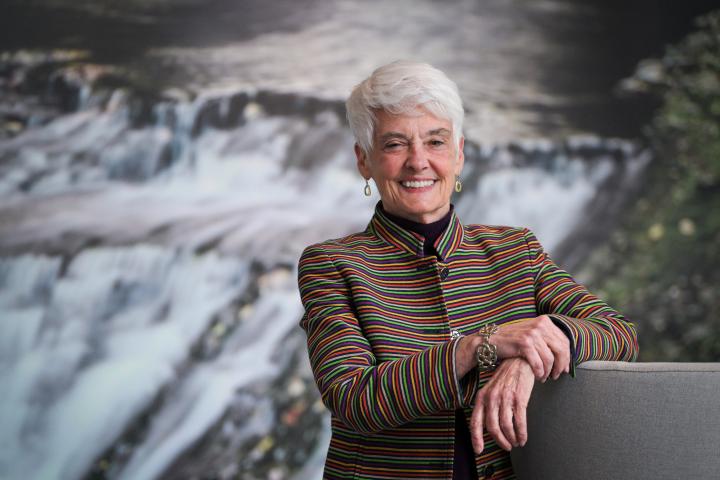
William Sonnenstuhl Q&A
Associate Professor Emeritus William Sonnenstuhl is among the retiring ILR School faculty being celebrated this year by the ILR School.
Sonnenstuhl joined the ILR faculty in 1985 as a senior research associate in the Extension Division. In 1990, he became part of the Department of Extension and the Department of Organizational Behavior, and later served as director of ILR Graduate Studies.
Sonnenstuhl, who retired in 2020, is a three-time recipient, in 2005, 2011 and 2016, of ILR’s Robert N. Stern Award for Teaching and Mentoring.
Known for his work with student organizations, particularly the Greek community, he received the A.D. White Leadership Award and the Faculty of the Year Award.
Recently, he shared some thoughts about his ILR career:
What was your most impactful research while at ILR?
In the 1990s, I had a National Institute on Drug Abuse grant to study peer-based member assistance programs in labor. My colleagues, Sam Bacharach and Peter Bamberger, and I wrote several articles and two books on peers helping peers with alcohol, other drugs and mental health problems.
I also wrote a book, Working Sober, about the Sandhogs and their peer program, which continues to sell and attract attention. For the last decade, this research has been a key part of my courses on organizational culture, highlighting how students can change the norms surrounding alcohol, hazing, sexual assault and mental health in their own culture.
What has been your greatest impact on students?
I loved teaching, especially engaging students in conducting field research about their own organizations and how to change them. I was thrilled when students implemented their ideas and asked me to be part of those efforts.
For example, students asked me to help develop and implement Sober@Cornell, which provides social support to students pursuing sobriety. I was asked to join the board of Cayuga’s Watchers, which conducts bystander training to students to keep parties safe. In retirement, I continue to work with these groups.
How did ILR change you?
ILR made me a better teacher because faculty really care about teaching excellence and making students leaders in all walks of life.
What is most memorable about your ILR years?
I have many wonderful memories about ILR. I feel very lucky that so many of the school’s founders were active when I first arrived. For example, I remember first meeting Jean McKelvey, who attended my lecture at the Rochester Extension Office and asked insightful questions. Afterward, we had lunch and she told me about the early days of ILR. With a twinkle in her eye, she said that she was senior to Maurice Neufeld because she arrived on campus 20 minutes before he did.
I also treasure my encounters with Maurice. When I was first teaching, I would run into him after class as he was coming out of the Statler and I was coming from my lecture in Uris Hall. He always asked how things were going and we chatted about things. One day, I was complaining about students’ writing. He told me about the troubles he was having with a contributor to his book, “As an undergraduate, he could not write and he still cannot write.”
I also remember Lois Gray fondly. When I came, she was associate dean of the Extension Division. As a young woman, she was key to developing the Buffalo Extension Office. When I was in the New York City Extension Office, I always looked for her. She always had interesting things to say and teach me about ILR. I feel so lucky to have known these early faculty.


